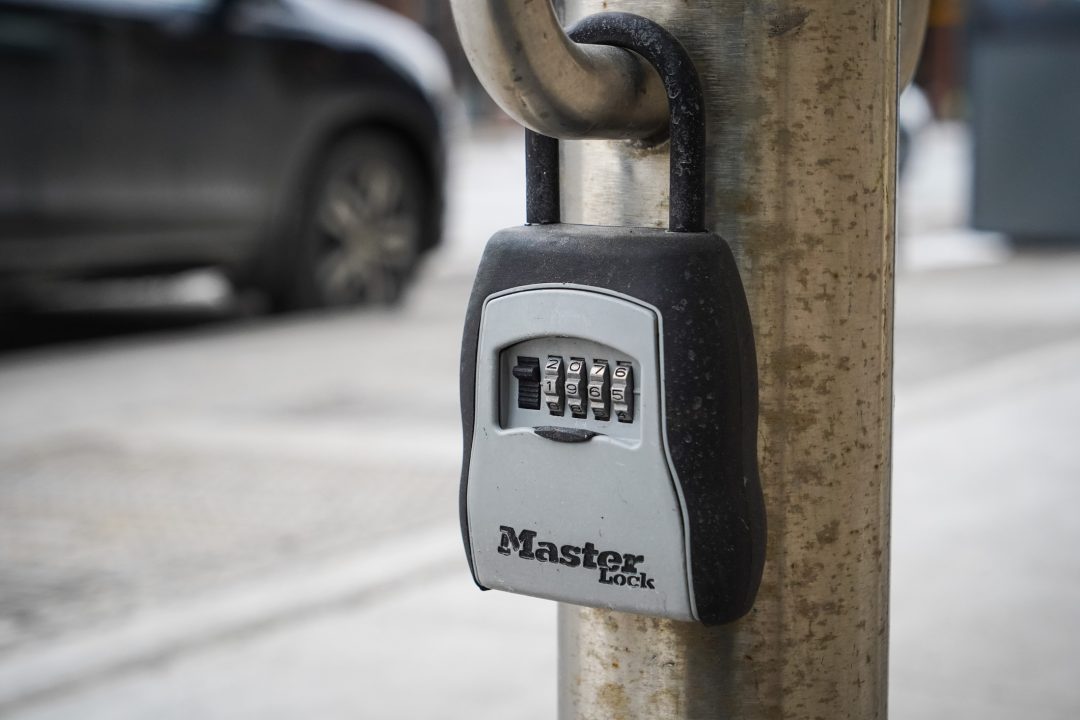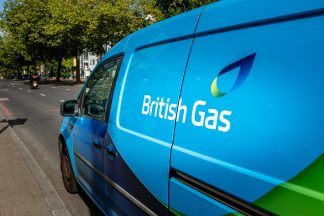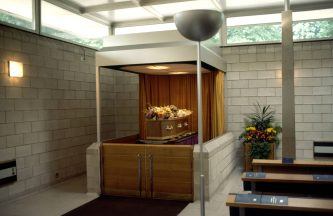Tighter restrictions on short-term lets could cost the Scottish economy more than £100m and see thousands lose their jobs, research commissioned by Airbnb has said.
At the start of the year, Holyrood passed plans to require landlords of Airbnb-style properties to have a licence in a bid to achieve a greater balance between the concerns of communities, and the economic and tourism benefits.
But the plans, which have been welcomed in some quarters, have been criticised and a new analysis has said if councils pursue more complex versions of the rules it could dent to the tune of £133m and see more than 7,000 people lose their jobs.
Amanda Cupples, AirBnB’s general manager in the UK and Europe, said: “The research shows the economic risk of raising the bar too high and shutting out ordinary Scottish families from being able to benefit from tourism at a time when many are struggling with the rising cost of living.”
She warned: “The greatest impact of pursuing the most prohibitive local rules would be felt in economies that rely disproportionately on tourism such as the Highlands and Edinburgh.
“Here, the impact would be £33m and £26m respectively with around 1,500 jobs affected in each.”
As part of the rules introduced by MSPs, councils will have to devise a licensing system for short-term rental properties by October, with all operators then required to apply for a licence by July 1, 2024.
It is thought that the cost of a licence could be between £300 and £1,000, based on costs of licensing houses of multiple occupation in Scotland, with renewal required every one to three years.
The research said the cost to hosts of meeting the conditions could be around £300 per year.
As part of the rules, authorities have the power to introduce control areas where short-term lets will only be allowed in someone’s primary residence, otherwise planning permission will be required.
The City of Edinburgh Council have approved these measures and Badenoch and Strathspey are working on implementing them too.
The analysis by Biggar Economics for the firm found if local authorities implemented the legal requirement but did not add more red tape there could be a £32m hit to the tourism economy and a loss of nearly 2,000 jobs across Scotland.
Other projections ranged from a £71m hit and a loss of nearly 4,000 jobs, and the most severe could see a £133m potential hit to the tourism economy and the loss of more than 7,000 jobs.
Graeme Blackett, director of Biggar Economics, said the “analysis reveals the potential negative economic impacts that new short-term let licensing could have” amid the combined economic shocks and rising cost of living.
“Stringent and complex licensing systems could discourage ordinary Scottish families from hosting,” he said.
“This diminished accommodation supply would increase prices, reducing the competitiveness of the Scottish tourism sector and crucial guest spending in beleaguered sectors like hospitality.”
Airbnb said the typical host in Scotland let out their home for fewer than three nights a month, and earned less than £6,000, according to a survey of 5,194 homeowners on the app.
The firm said rising prices were driving people to become more reliant on their income from their Airbnb with more than a third having told the company the additional income helped them make ends meet.
A Scottish Government spokesman said short-term lets brought “benefits to hosts, visitors and the Scottish economy”.
“However, regulation is vital to address safety concerns and to balance the needs of local communities, including significant concerns from residents such as noise, antisocial behaviour and the supply of housing in some areas,” the spokesman said.
“At the heart of our licensing scheme is a set of mandatory standards which will help to protect the safety of guests and neighbours in all types of short-term let across Scotland.
“Many short-term let hosts and operators will already be following these standards as a matter of compliance with existing law or best practice. Indicative average fees are estimated to be up to £436 to cover a three-year licence, which is less than three years’ membership of the Association Of Scotland’s Self-Caterers.
“The Scottish Government’s licensing scheme will allow local authorities and communities to take action to manage issues more effectively, without unduly curtailing the many benefits of short-term lets to hosts, visitors and the economy.
“This legislation is appropriate for the whole of Scotland, including urban, island and rural communities, and offers considerable flexibility to local authorities on how it is implemented.”
Follow STV News on WhatsApp
Scan the QR code on your mobile device for all the latest news from around the country


 iStock
iStock


























